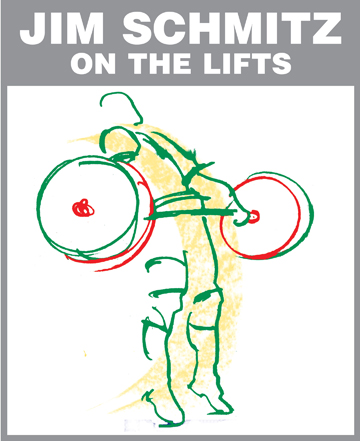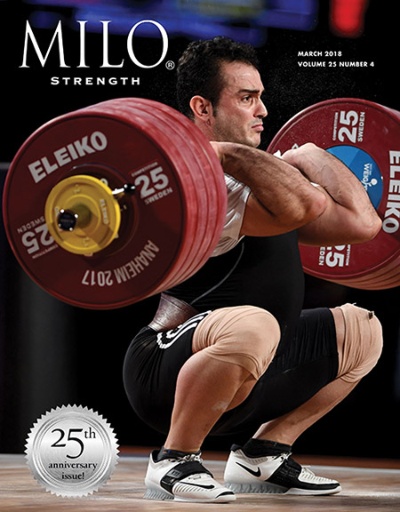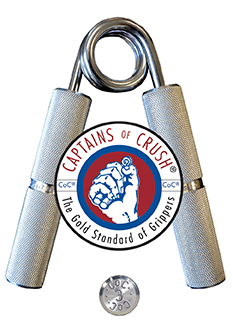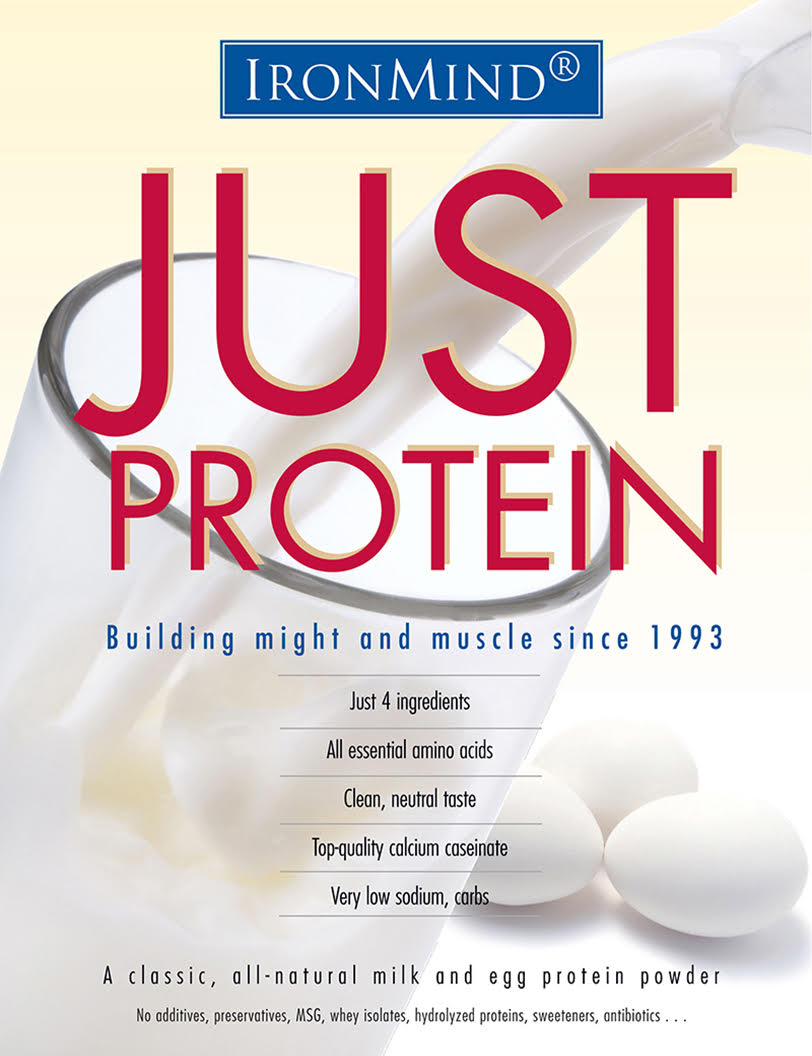
U.S. Olympic Weightlifting Team Coach 1980, 1988 & 1992 Author of Olympic-style Weightlifting for Beginner & Intermediate Weightlifters Manual and DVD
That's an old and proven cliche and what it means is keep your determination and focus, and never stop trying. This is a mental attitude that successful people have in sports and all walks of life. As a coach I have some great examples of the winning mental attitude.
The first example is Ken Clark (100 kg). He won the 1979 Junior Nationals where he set records, and had lifted many personal records in training, enough to win the 1979 Nationals. However, he bombed out there—a big disappointment. In 1980 he was on a roll again, breaking his personal records in local meets, and we thought he would make the 1980 Olympic team, but he had another disappointing Nationals and Olympic Trials, placing fourth. He came home and started training as hard as ever. He went on to win the Nationals in 1981, 1982, 1983, 1984, 1985, and 1987; he set several U.S. records, made World teams, won silver medals at the 1987 Pan American Games, and placed fifth at the 1984 Olympics. He came back from defeat to be a champion because he never quit!
John Bergman (+110 kg) was an up-and-comer and a long shot to make the 1984 Olympic team, but he was lifting the weights that would do it. At the 1984 Olympic Trials all he needed was 200 kg in the clean and jerk to make the team, a weight he had done on several occasions in the gym and in competition. He cleaned it strong and drove the jerk to arm's length, but couldn't hold it, no lift. On his next attempt he missed the clean. John went back to the gym, trained hard, and won the Nationals in 1986. After that, injuries started to take their toll on John, but he sucked it up and fought on, placing second in the 1987 Nationals and second in the Pan American Games. Unfortunately for John he was competing against his training partner and friend Mario Martinez (+110 kg), 1984 Olympic silver medalist and holder of all the U.S. records. John's body was breaking down, one little injury after another, but he dug deep and had his best day (170 kg and 205 kg) at the Olympic Trials to make the 1988 Olympic team. John placed tenth at the Seoul Olympics. He had come back from defeat and frustrating injuries to achieve his dream, to compete in the Olympics—he never quit!
Thanh Nguyen is probably the best example of never giving up. Thanh, along with his family (brother, sister, mother and father), had escaped Vietnam in the late 1970s, literally by boat to Australia. They spent several years in a refugee camp there before being sponsored by a family in San Francisco. In 1981, 17-year-old Thanh roller skated into my gym and at a bodyweight of 55 kg (121 lb.), he snatched (without the roller skates) 60 kg (132 lb.) after watching others do it. I naturally asked if he would like to try Olympic lifting and he said yes. He made great progress and was winning all the local competitions as a 56-kg (123-lb.) lifter, but was soon dominating the 60-kg (132-lb.) class. However, since he wasn't a U.S. citizen yet, he wasn't allowed to compete nationally. It takes five years to become a U.S. citizen. This discouraged him, so he stopped training, finished high school, and graduated from San Francisco State University with a degree in computer science.
In 1987 Thanh became a U.S. citizen and came back to weightlifting and placed second at the 1987 Nationals in the 60-kg class with a total of 220 kg. This qualified him for an under-23 international competition tour in Europe where he competed in four different competitions—in Sweden, Germany, France, and England—within two weeks and had two six-for-six performances, improving his total to 235. He then won the 1988 Nationals with a 222.5-kg total and won again in 1989 with a 237.5-kg total.
Then Bryan Jacob came on the scene and pushed Thanh to second place in 1990 and 1991 and third in 1992 behind Chris LeRoux. It was at the 1992 Olympic Trials where Thanh had his biggest disappointment. He set a PR snatch of 115 and needed only a 145-kg clean and jerk to make the Olympic team, and it crushed him in the clean. He had done 150 officially previously, but on this day 145 buried him.
Thanh got over his failure by going to the Olympics as a spectator and came home determined to make the 1996 Atlanta Olympic team. Tim McRae and Vernon Patao were now on the scene and kept Thanh in second place in 1993, 1994, and 1995. Thanh continued to improve and was totaling 272.5, but just couldn't seem to lift enough to win until 1996 when that total held up for first place.
Then came the 1996 Olympic Trials. Thanh missed his first two snatches with 115; he went to 117.5 for a do-or-die attempt and made it very strong. In the clean and jerk he did 152.5 and 157.5 for a 275-kg PR total and enough for a spot on the U.S. Olympic team. What a journey—he never quit and never stopped trying, even going down to his last attempt in the snatch. What courage and determination he showed—he never quit!
A little side story about Thanh is that he didn't perform well at the Olympics, placing thirty-second, doing only his openers 112.5 and 145 for a 257.5-kg total. He had torn his ACL in his left knee when cleaning 160 in training two weeks before and didn't realize it; he needed surgery soon after the Games. But the interesting part of Thanh's story is that he went to visit the Vietnam team in the Olympic Village and met their interpreter, Li, who like him was a Vietnamese refugee whose family was sponsored and relocated in Altanta. Six weeks later they got married and are happily married to this day and living in Atlanta.
"You haven't lost until you quit trying" is another cliche that I remember the Hall of Fame football player and 1985 Super Bowl winning coach, Chicago's Mike Ditka, saying some years ago. I douibt he was the first to say it, but it is so true. Believe in yourself, train hard, stay focused, and NEVER QUIT!

















